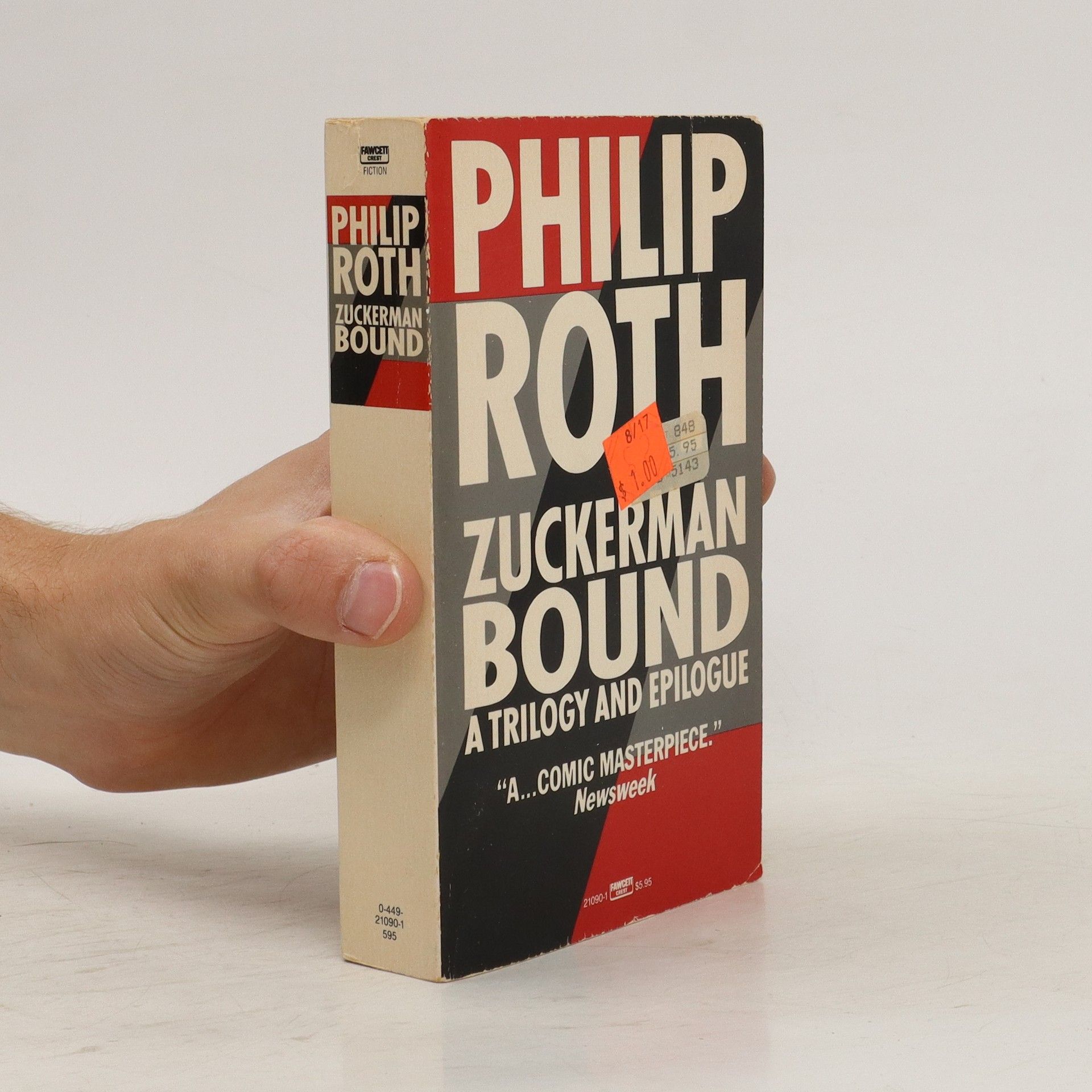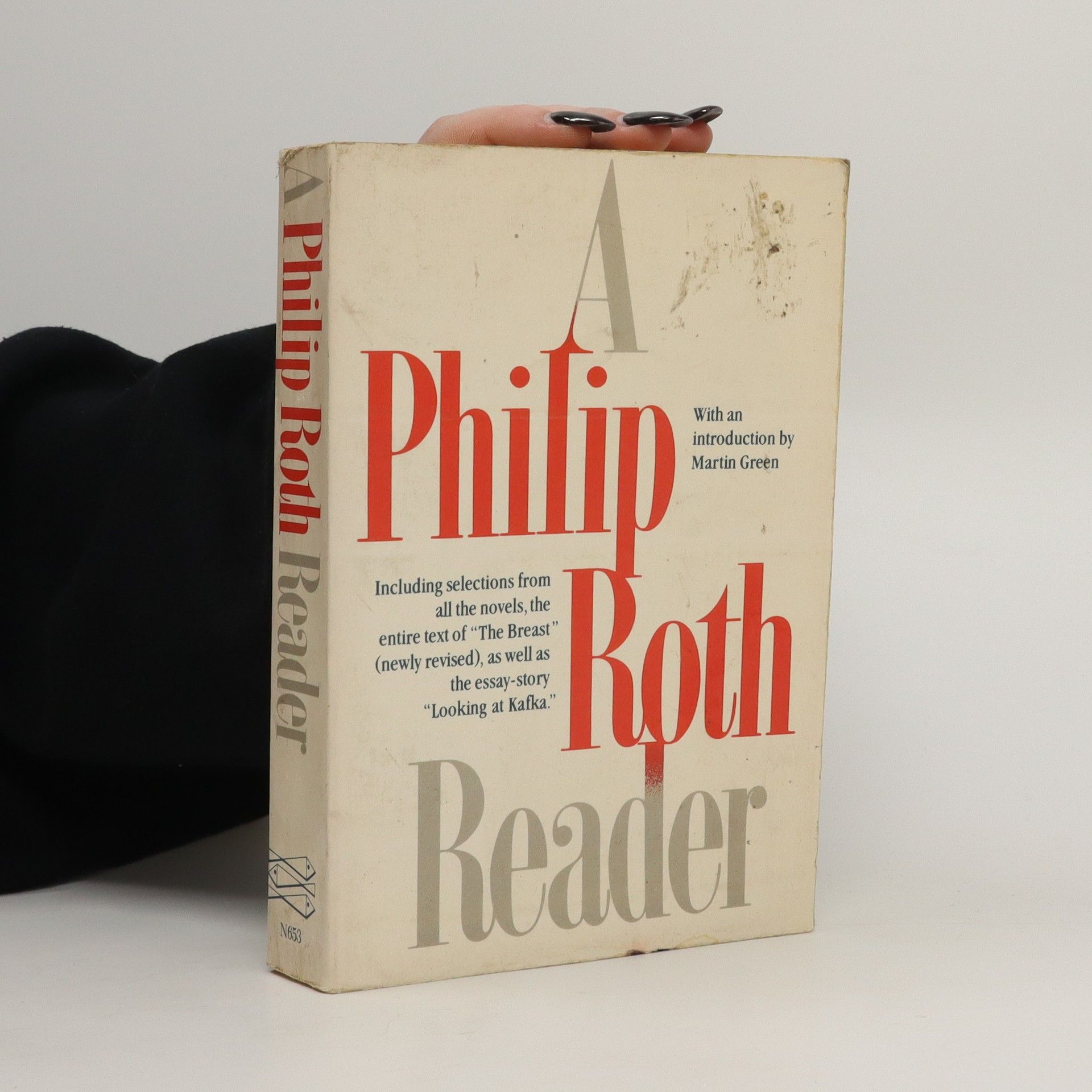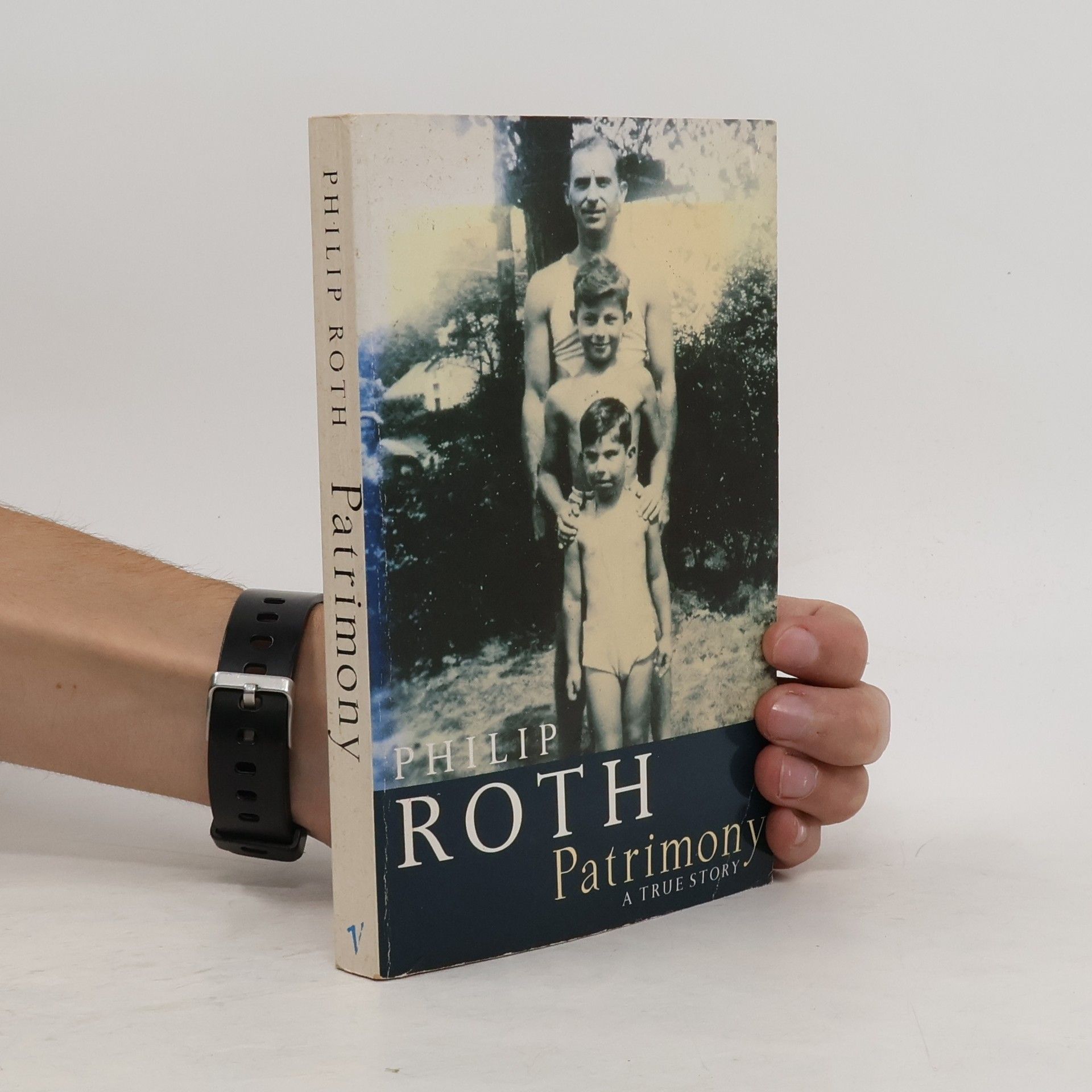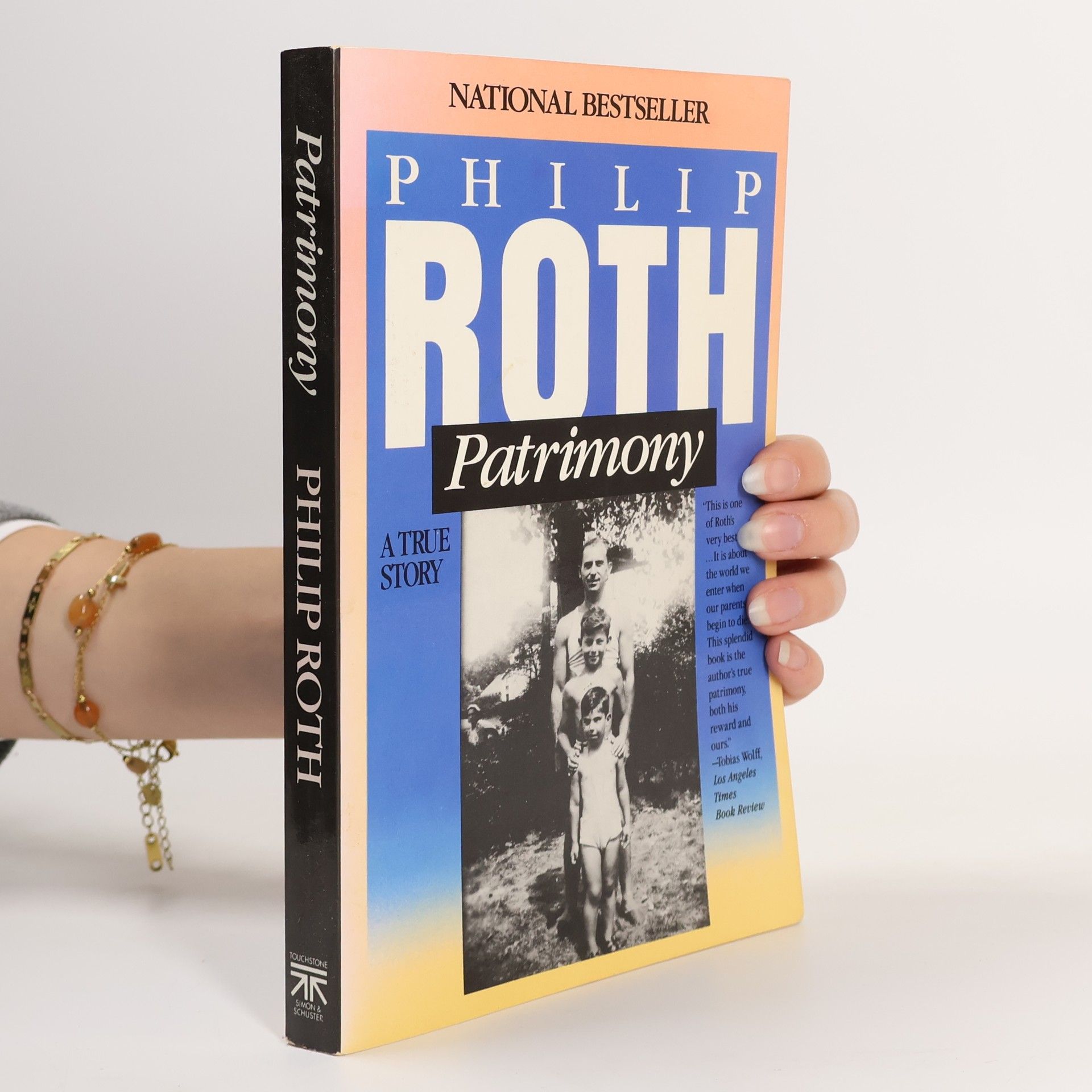Patrimony
- 238 pages
- 9 hours of reading
The best-selling author offers his observations of the physical decline and death of his own father, in a memoir of the love between father and son
Philip Roth was an American novelist whose works often delve into themes of Jewish identity, the American dream, and the complexities of human sexuality. His style is known for its penetrating introspection, energetic prose, and occasional use of irony. Roth frequently explored the dilemmas and conflicts of his characters with an unflagging curiosity. Many of his novels, including those featuring his fictional alter ego Nathan Zuckerman, offer profound insights into the American experience.







The best-selling author offers his observations of the physical decline and death of his own father, in a memoir of the love between father and son
Patrimony is a true story about the relationship between a father and a son. Philip Roth watches as his eight-six-year-old father, famous for his vigour, his charm and his skill as a raconteur - lovingly called 'the Bard of Newark' - battles with the brain tumour that will kill him. The son, full of love, anxiety and dread, accompanies his father through each fearful stage of his final ordeal, and, as he does so, discloses the survivalist tenacity that has distinguished his father's long engagement with life. Written with fierce tenderness, Patrimony is a classic work of memoir by a master storyteller.
Selections from nine novels following Goodbye Columbus, Roth's first book, including Letting Go, Portnoy's Complaint, and The Ghost Writer, chronicle Roth's satiric and sensitive examination of art, life, and personal crisis
Four complete works by Philip Roth in one volume. The complete comic saga of Nathan Zuckerman, his ordeals of conscience, from Manhattan, to Miami Beach, to Czechoslovakia!"Roth has transcended himself . . . . A comic genius . . . Certainly Philip Roth's finest achievement to date, eclipsing even his best single fictions . . . ZUCKERMAN BOUND binds together THE GHOST WRITER, ZUCKERMAN UNBOUND, and THE ANATOMY LESSON, adding to them as epilogue a wild short novel, THE PRAGUE ORGY, which is at once the bleakest and the funniest writing Roth has done."-- The New York Times Book Review"ZUCKERMAN BOUND proves that no one now writing can be funnier and, at the same time, more passionately serious than Philip Roth." -- Time"ZUCKERMAN BOUND shows the author's always ebullient invention and artful prose at their most polished and concentrated." -- The New Yorker
A fictional account of the persecution and suffering of the Jews. It is simple in style and full of dark humour, irony and lyricism. The author served in Moscow as a member of the Czech section of the Comintern but was later expelled from the Communist party. This is his best-known novel.
"The title novella, Goodbye, Columbus, the story of a summer romance between a poor young man from Newark and a rich Radcliffe co-ed, is both a tightly wrought tale of youthful desire and a satiric gem that takes aim at the comfortable affluence of the postwar boom. Here and in the stories that accompany it, including "The Conversion of the Jews" and "Defender of the Faith," Roth depicts Jewish lives in 1950s America with an unflinching sharpness of observation." In Letting Go, a sprawling novel set largely against the backdrop of Chicago in the 1950s, Roth portrays the moral dilemmas of young people cast precipitously into adulthood, and in the process describes a skein of social and family responsibilities as they are brought into focus by issues of marriage, abortion, adoption, friendship, and career. The novel's expansiveness provides a wide scope for Roth's gift for vivid characterization, and in his protagonist Gabe Wallach he creates a nuanced portrait of a responsive young academic whose sense of morality draws him into the ordeals of others with unforeseen consequences.Library of America #157
"Seymour 'Swede' Levov - a legendary high school athlete, a devoted family man, a hard worker, the prosperous inheritor of his father's Newark glove factory - comes of age in thriving, triumphant post-war America. But everything he loves is lost when the country begins to run amok in the turbulent 1960s. American Pastoral is the story of a fortunate American's rise and fall - of a strong, confident master of social equilibrium overwhelmed by the forces of social disorder."--Publisher's website.
Originally published: New York: Houghton Mifflin, 2004.
Volume 2 in what will be the definitive 8-volume collector's edition of Philip Roth's fiction includes Portnoy's Complaint, Our Gang, When She Was Good, and The Breast
In his autobiography, Philip Roth reveals the facts about his life, his education, his work on various university faculties, his membership of the National Institute of Arts and Letters and his writings. His first book, "Goodbye Columbus" won the US National Book Award for Fiction.